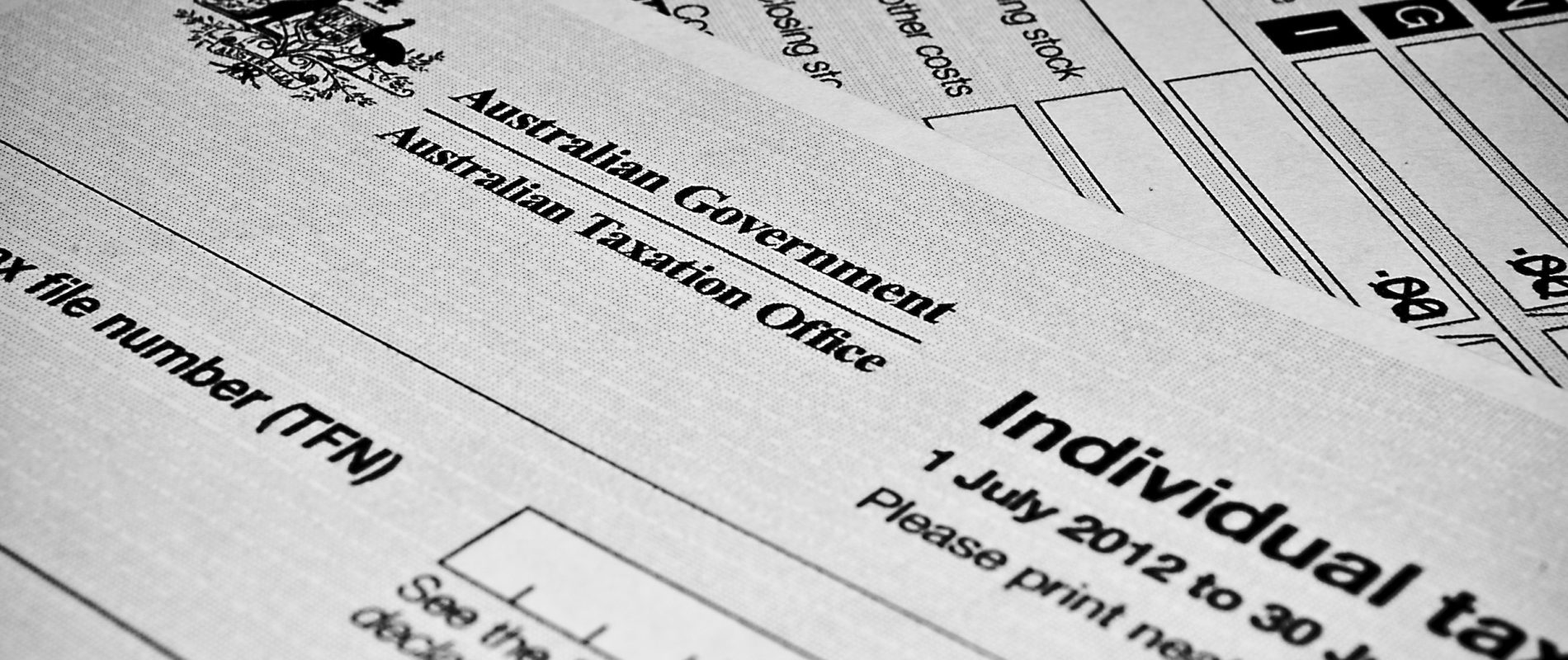Income tax in Australia – The working holiday makers status
Working holiday makers tax rates
Working holiday makers are not considered residents for tax purposes, which means the working holiday makers tax rate is different than the tax rate for Australian residents. Working holiday makers cannot claim the tax-free threshold (the first $18,200 of yearly income) that applies to residents.
The working holiday maker tax rate is 15% until you earn $45,000. After this point, you will be taxed as follows:
|
Income range (earned during the fiscal year – i.e. July 1 to June 30)
|
Tax rate
|
|
0 – $45000
|
15c for each $1
|
|
$45001 to $120000
|
$6750 plus 30c for each $1 over $45000
|
|
$120001 to $180000
|
$33750 plus 37c for each $1 over $135000
|
|
$180001+
|
$54100 plus 45c for each $1 over $190000
|
For more information, read our TFN FAQs. You can also calculate how much tax you will owe on the ATO website.
It’s important to note that your employer must register with the ATO as an employer of working holiday makers for you to be taxed at these rates—read on for more info!
How to get the working holiday maker tax rate status
To get the correct working holiday makers tax rate—15% for the first $45,000 earned—your employer must be registered with the ATO as an “employer of working holiday makers.” If not, your tax rate will be 32.5%—a huge difference!
If your employer has no previous experience of employing working holiday makers, tell them to read the Employers of working holiday makers page. Here, they will find information on how to register with the ATO in order to withhold tax at the working holiday maker tax rate. If they don’t, penalties will apply for the employer!
To get the correct tax rate, the Australian government strongly recommends that you disclose your working holiday maker status to your employer, and that your employer registers as an “employer of working holiday makers.”












 Français
Français English
English




(2) Comments
Bonjour, nous sommes un couple de pvtiste. Est-il possible d’ouvrir un seul compte de superannuation ? Ou doit on obligatoirement en avoir 1 chacun ?
Merci d’avance
Clémence
Salut ! Il vous en faut un chacun je pense, comme vos salaires sont individuels et que la superannuation est calculée selon ces salaires.
{{like.username}}
Loading...
Load more